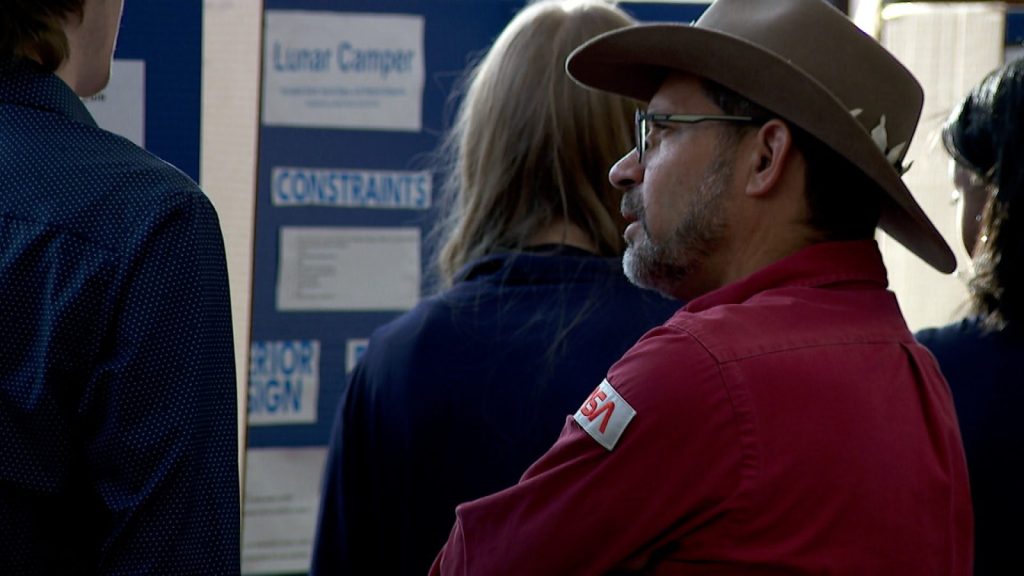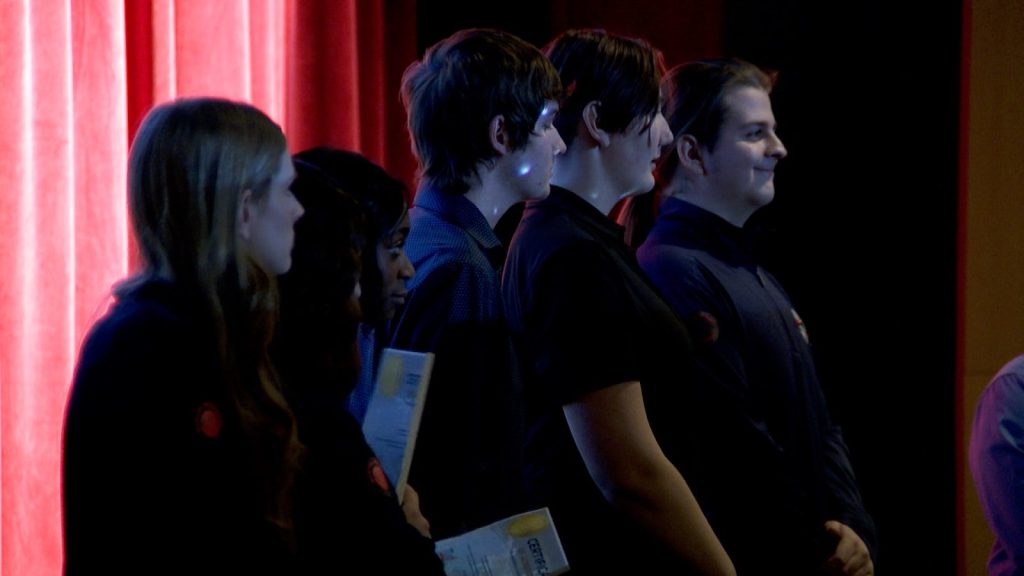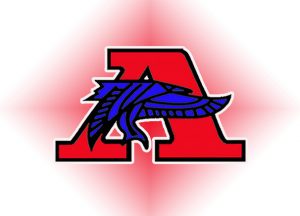NASA Recognizes Armstrong High School Students for Space Station Innovation
Robbinsdale Area Schools were recognized as a NASA HUNCH School of Excellence this week. HUNCH stands for High School Students United with NASA to Create Hardware.
That’s more than a title — these kids are actually working on NASA efforts.
“A lot of times, it seems like NASA isn’t exactly accessible to folks. But this makes it very cool, very, very neat to work with,” explained one NASA engineer, who visited Armstrong High School on Wednesday. “These students are working on the same projects that people at NASA are worrying about.”
Armstrong High School is at the heart of the initiative, where most of the district’s NASA programs stem from. Leaders held a naming ceremony on Wednesday.
“It was really a fun way to surprise the kids, to get to the fourth NASA Center of Excellence. That’s a pretty big feather in our cap,” said engineering teacher Luke Becker. “No school has ever won a award their students didn’t earn. So, I’m pretty proud of the kids.”
Students also got to share their work so far with NASA employees, almost in a science-fair style set of displays.
Students Awarded
A couple of the students received special recognition from NASA, too. One of their groups worked on a project about long duration space flight mental health. The other had a project about zero-gravity IV bags.
“We are working on a pump system, because, obviously, the lack of gravity has a lot of issues with the drips,” explained Cameron Auger-Pirri, a senior at Armstrong.
Auger-Pirri recruited his classmate Alexis Molitor, a junior at Armstrong, to help on the project. Molitor hopes to work somewhere in the medical field in the future, so this project was fitting.
“You can use it in any orientation. Compared to an IV bag, where you have to hang it,” Molitor said.
The pair is passionate about the project.
“Finding that one correct solution is the biggest thing we need to do. We need it to be safe, we need it to be repeatable, and we need it to be consistent,” Auger-Pirri said.
The IV and mental health student groups were invited as finalists to NASA’s Human Research Program Investigators’ Workshop in Galveston, Tex., at the end of January.
The students said they were excited about the announcement, but are also hopeful for what else their work can do beyond space travel.
“I love to help people. I’ve actually been looking to working in the medical field and IV administration is a huge part of that, as well as the health benefits from IV dehydration,” Molitor said.
“Knowing that this could save lives in space, if not on the ground,” Auger-Perri said.





